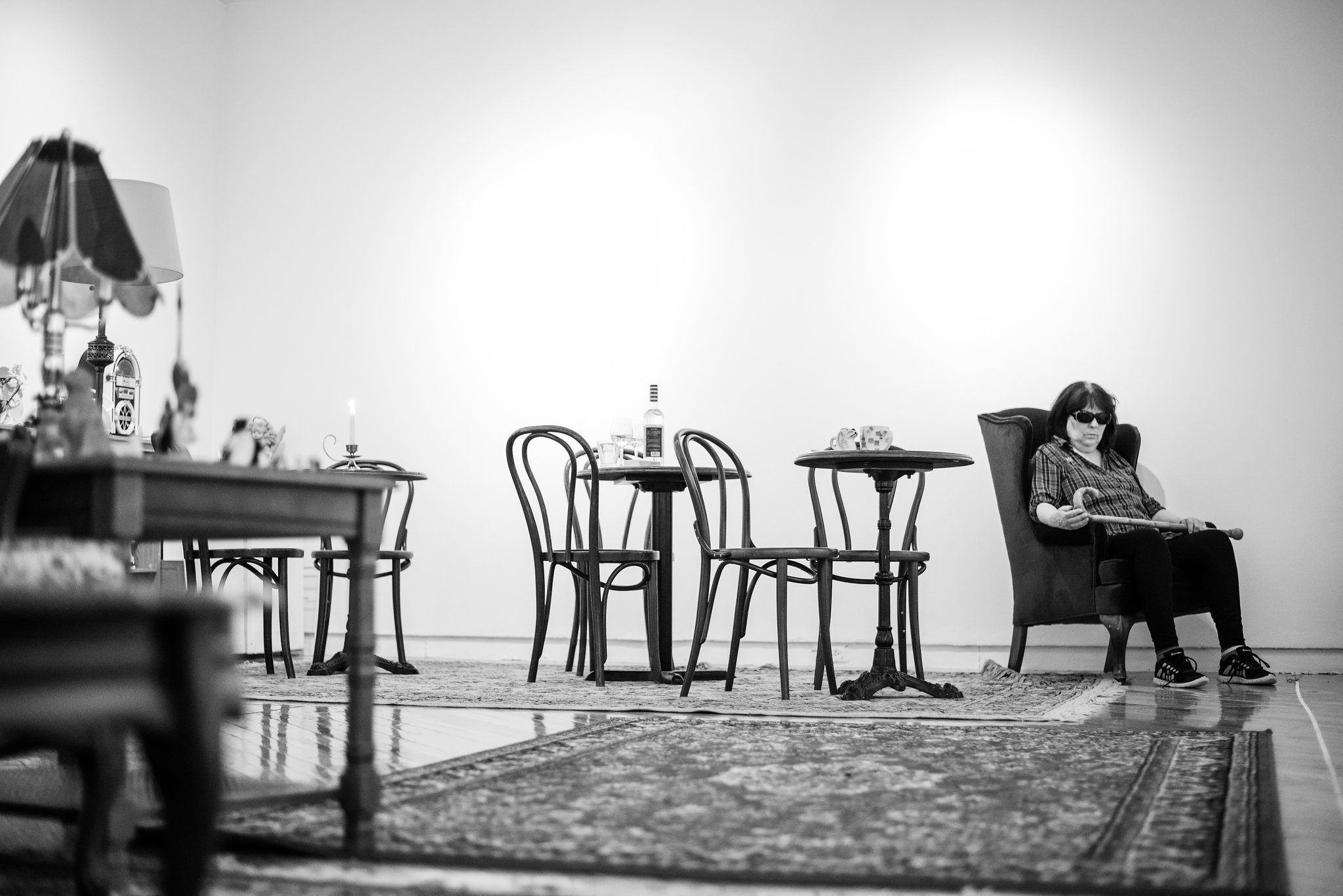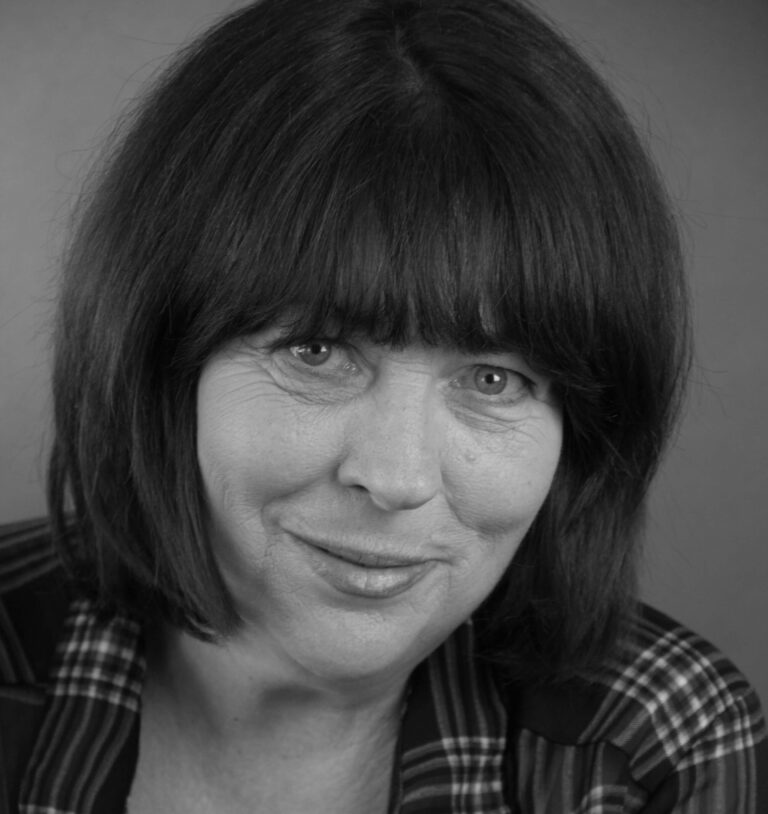7 Memorable Directions from Past Directors
Nothing could prepare me for my theatre debut: La bohème, eight years old, the Vancouver Opera. We had been told to sweep back at the end of act two, as a two-ton curtain was to fall down very quickly. I remember the moment: the audience (about two thousand people), the huge cast, an enormous orchestra. I was so entranced by the excitement of being there. There were loud sounds, bright lights, and colourful costumes… And everyone was sweeping back, everyone except me.
I can only imagine the stage manager’s fear as he watched the curtain go down with me still standing there. The next thing I remember was being swept up by someone who was clearly not in costume, tearing me off the stage. This was the first time I did not pay attention to the direction given to me.
Since then, in my fifty-plus-year career, I’ve had countless directions and notes from all kinds of directors. Many have been about something as basic as that first one—sweeping back—while others have been… more interesting than that. Here are seven of the most memorable interactions I’ve had over the years.
1. When I was twenty-nine years old, I was doing a production of Arms and the Man at Shaw. Christopher Newton wasn’t directing the show, but he has a way of directing me, and I am sure others, when he runs into us actors at the Valu-Mart in Niagara on the Lake, usually by the meat and fish section. This happened often when he was the artistic director.
I was telling him that I was doing a scene with Al Kozlik, and it wasn’t going well. I had been working with Al since I was seventeen years old and felt that I knew him well.
“It’s not him, Chris, it’s me! I’m doing something that’s causing him stress, and I can’t figure out what it is.”
“Have you tried listening to him?” Chris asked.
“What?” I screamed.
“Have you tried to listen to him and then reply as you would if you had been listening?”
“… Well… No…! I don’t think I’ve ever done that. Is this a thing that I’m just finding out about now?”
“Nora,” Chris said in his calm voice, “I have been saying it for years… I think now you have finally HEARD IT.”
2. When I was working with John Hirsch in John Wood’s company at the National Arts Centre, I had just come from studying with Uta Hagen and was trying desperately to be real. In one rehearsal, I was listening to what the actor said, and I took a breath and readied to respond. Air was sucked out of the room…
“WHAT ARE YOU DOING? WHY HAVE YOU STOPPED?” yelled John.
“I just took a breath!”
“A BREATH? BREATH IN THE WINGS?! I heard that!”
3. I’ve done many plays with American director Daniel Sullivan at the Seattle Rep. One day, while rehearsing The Two Gentlemen of Verona, he looked at me and said, “You know, Nora, I never wanted to be an actor… I never wanted to be onstage. I only wanted one thing: to be a director, to be in the audience and watch actors.”
“What’s your point, Dan?” I said.
“The point is, now I have to get up, go onstage, and SHOW you what I want, because I can’t bear to watch what you are doing for another second.”
After that I bought him a cone hat and called him Comedy Guru.
4. Once, working with actor and director Neil Munro, I went up to him and said: “Hey! I was thinking…” and he said: “Fuck, Nora. When you think I get a headache.”
5. Another time when I was working with Daniel Sullivan, I was playing with a voice or an accent that was high-pitched. He asked, “What are you doing?”
“Just shopping around,” I said.
“Yeah?” he countered. “SHOP IN THE BASEMENT!”
6. Whenever one of the great plays would come up in conversation with Neil Munro, I would always say, “I would love to play that part!” Neil would respond, “But X actor would be perfect!” Same actor, every time.
After years of listening to this, I said, “What if, X actor was—I don’t know—DEAD? Would you cast me then?”
He looked at me for the longest time and finally asked, “How dead is she?”
7. Last but certainly not least, I come back to Christopher Newton, who I have known since I was a teenager. There were three words that he used to say to me (and I’m sure to a number of actors over the years). Sing along if you know the words: “Interesting… BUT WRONG!”









Comments